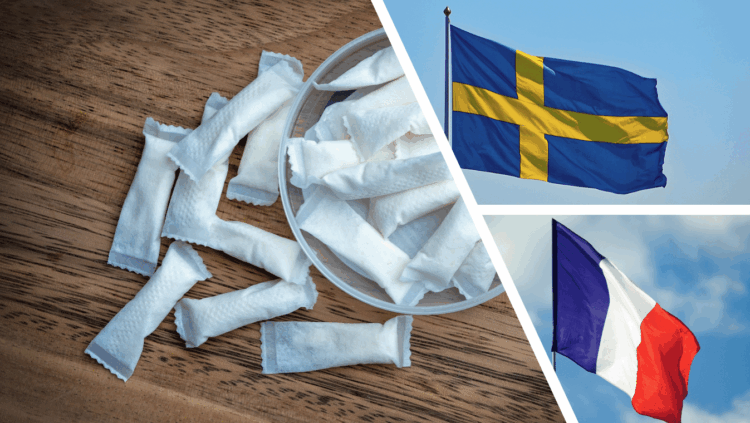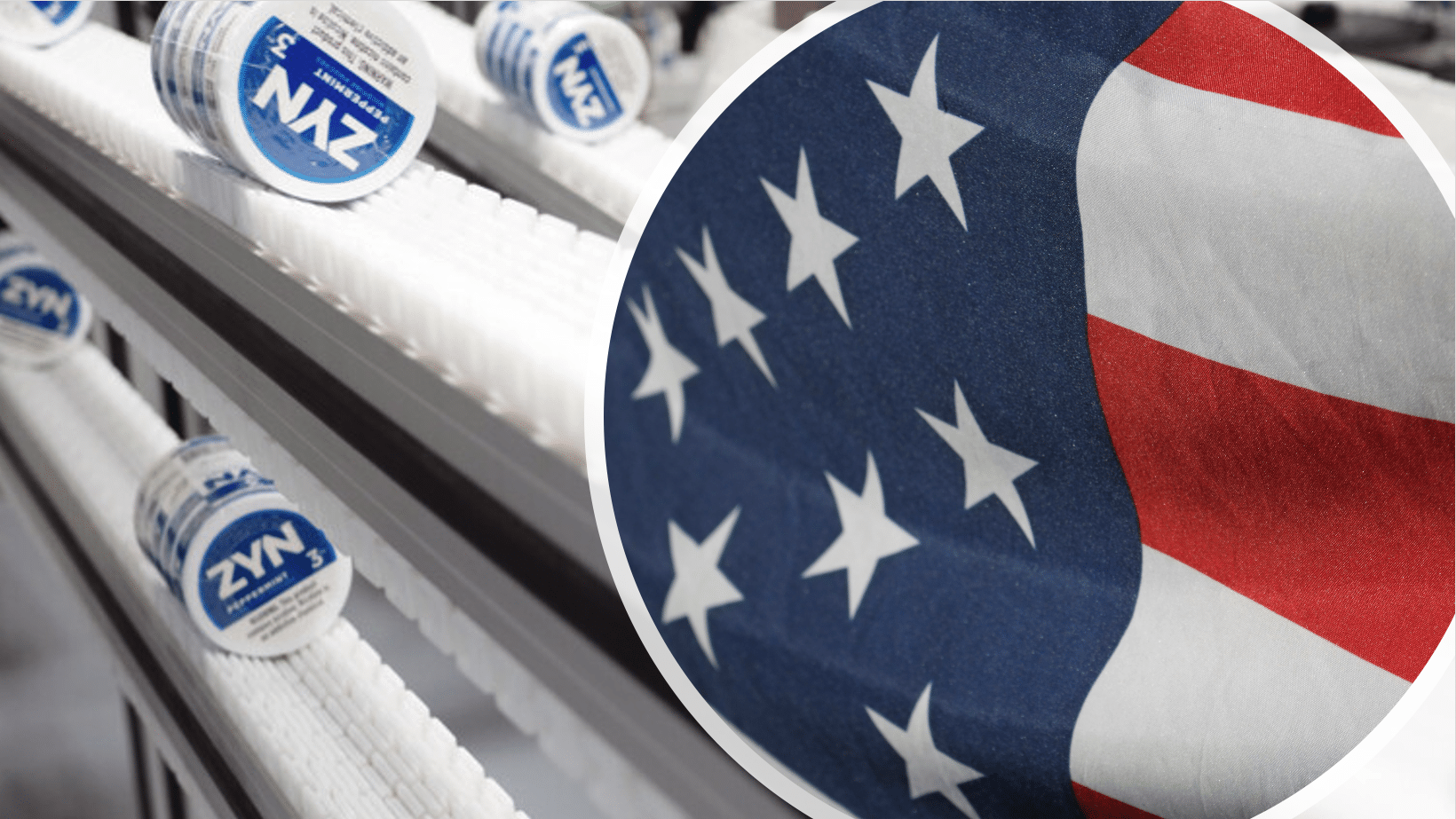
Sweden blocks France’s nicotine pouch crackdown
Sweden is once again pushing back against another EU country’s efforts to ban nicotine pouches, this time taking aim at France. The move follows a similar action targeting Spain earlier this spring and signals a growing willingness from Stockholm to defend pouches on the European stage.
The Swedish government announced on May 22nd that it had filed a detailed opinion with the European Commission opposing France’s proposed ban on nicotine pouches, a move Stockholm warns could violate EU trade law and harm public health efforts.
“The Swedish government will not stand by and watch a key national industry be restricted. We are defending Swedish snusers and the EU’s internal market,” Benjamin Dousa, Minister for International Development Cooperation and Foreign Trade, said in a statement.
France’s proposal would prohibit the production, sale, and even possession of nicotine pouches across its territory – an unprecedented move that, according to Swedish authorities, threatens both trade and public health.
Legal and scientific shortcomings
The detailed opinion, drafted following recommendations from the National Board of Trade (Kommerskollegium), asserts that the French proposal lacks a solid scientific basis and violates the EU’s internal market principles.
In its legal assessment, the National Board of Trade argues that:
- France has failed to demonstrate that nicotine pouches present a “genuine and significant public health risk”;
- The proposal is disproportionate, especially given that less restrictive measures like age limits and nicotine caps have proven effective elsewhere;
- The ban violates the principle of mutual recognition, whereby products legally sold in one EU country should generally be permitted in others.
The board concludes that the French proposal constitutes a “serious obstacle” to the free movement of goods within the EU’s internal market.
Public health vs. protectionism?
Patrik Strömer, Secretary General of the Association of Swedish Snus Manufacturers, welcomes the government’s action – but also raises deeper concerns.
“France’s justification is built on outdated and selective data,” he tells Snusforumet.
“Their toxicology claims don’t hold up to scrutiny, and in practice, this ban would protect cigarettes – the most harmful product – while eliminating safer alternatives.”
He notes that France has one of the highest smoking rates in the EU, with 20 to 25 percent of the adult population still lighting up daily. By contrast, Sweden – thanks in large part to snus and nicotine pouches – boasts the lowest smoking rate in the EU at just over 5 percent.
“It’s absurd,” says Strömer.
“Banning the very products that are helping reduce smoking is like throwing away the fire extinguisher while the house is still burning.”
Repeating the Spain strategy
France is not the first EU country to feel Sweden’s pushback. Earlier this year, the government submitted a similar detailed opinion against proposed nicotine restrictions in Spain that would have banned all flavours and limited nicotine content to less than 1 mg per pouch, effectively removing nearly all products from the market.
Now, with the French case, Sweden is once again deploying the most powerful tool available under EU notification rules: the detailed opinion.
This forces a six-month standstill on the French legislation and obliges the government in Paris to respond to the objections raised.
The French proposal “risk causing serious damage to free movement” within the EU, the Swedish government wrote in announcing the ban.
What’s next for nicotine policy in Europe?
This new clash is part of a broader EU debate as Brussels begins reviewing the Tobacco Products Directive (TPD). While traditional Swedish tobacco-based snus remains exempt under current EU rules, nicotine pouches do not enjoy the same protection, leaving them exposed to country-by-country bans.
But Sweden is working to change that. Officials now see nicotine pouches as not just an export product, but as a pillar of public health success.
Strömer agrees and urges Brussels to look north for inspiration.
“We’ve shown that a regulated market for pouches and snus reduces smoking and saves lives. Instead of banning these products, the rest of Europe should be learning from Sweden,” he says.




